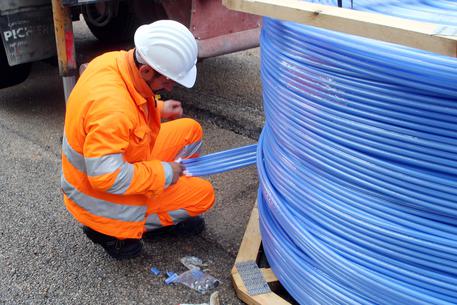The Recovery Fund and the PNRR, the national recovery and resilience plan, come out of politics and have now become a widespread topic of discussion among Italians, more than 90% are aware of the European Union plan.
And nearly everyone agrees the program should impact the health sector more urgently, create opportunities for small businesses affected by the pandemic, and create new jobs or save existing ones.
Digital public services (80%), digital skills (78%) and broadband Internet access (77%) stand out in particular among the important aspects for the recovery. are important aspects for the recovery of Europe.
These are the results of a survey conducted by Kantar on behalf of the Vodafone Institute, the think tank that explores the potential of digital technologies for social participation and better access to education, to understand how urgent a European plan (and the its Italian declination) were actually perceived.
Over 15,000 citizens from 15 European countries were surveyed and 70% think the European Union Recovery and Resilience Facility (RRF) is an effective way to help countries manage their recovery.
This is 672.5 billion, of which 209 have been allocated to Italy but public opinion remains skeptical, one in three Italians has doubts that all the money allocated will reach the promised areas.
"The Digitising Europe Pulse survey highlights that citizens are looking to their national governments to solve the serious health and economic crisis and demonstrates the value they place on connectivity," comments Inger Paus, director of the Vodafone Institute. The group led by Nick Read, as he remembered the CEO of the group on the occasion of the accounts, during the pandemic he kept communities connected and supported key sectors such as education and health. Vodafone wants to continue to do so but, as Joakim Reiter, Director of External Affairs of the Vodafone Group and president explains of the Vodafone Institute “we cannot do it alone and we are ready to collaborate with the European Commission and local governments to build a truly inclusive and sustainable digital society for all Europeans”.
It is time to accelerate and if companies - as shown by the balance sheets of the entire telecommunications sector - do not have the margins to overturn their investment plans, the help of public resources is essential.
In collaboration with:
Vodafone

